What Not to Put in Your Safety Deposit Box
by Steve Thomas
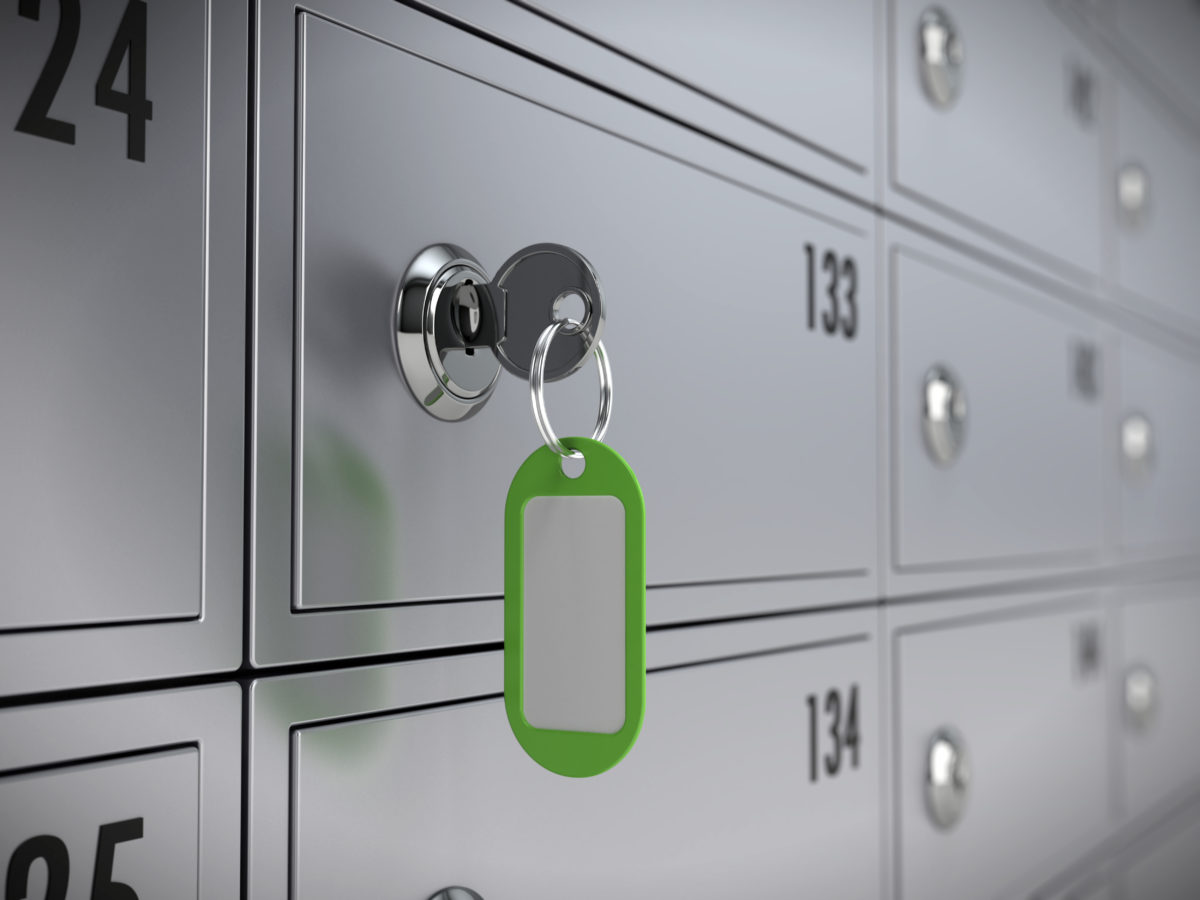
There’s a popular advertisement today that says, “What’s in your wallet?” This is our take on that from just a little different viewpoint.
I recently assisted an elderly friend during a trip to her bank to take a look at what was in her safety deposit box.
The box was virtually crammed full of documents and other items. After inventorying everything and throwing away a ton of old and out of date items I realized that my friend was probably not alone in
- Not knowing what was in her safety deposit box, and
- Stuffing anything and everything in their that she thought might be important.
In today’s digital society, the list of what should be kept in your safety deposit box is getting smaller and smaller. Even some of these are optional but typical items that might deserve the safety of your bank’s vault are birth certificates, original social security cards, savings bonds, and some collectibles that might be at risk in your home and at risk of fire or other damage.
But for this article I did some research and found a list of items that definitely should not be in your safety deposit box.
Why is a safety deposit box not a good choice for some items? Well most bank vaults are not available for access 24 hours a day or during holidays and maybe even weekends, so if you need something in a hurry you may be out of luck. We suggest that you consider a home fireproof safe for many of these types of items.
So, let’s take a list at a few things that are bad ideas for safety deposit box storage.
Your Passport
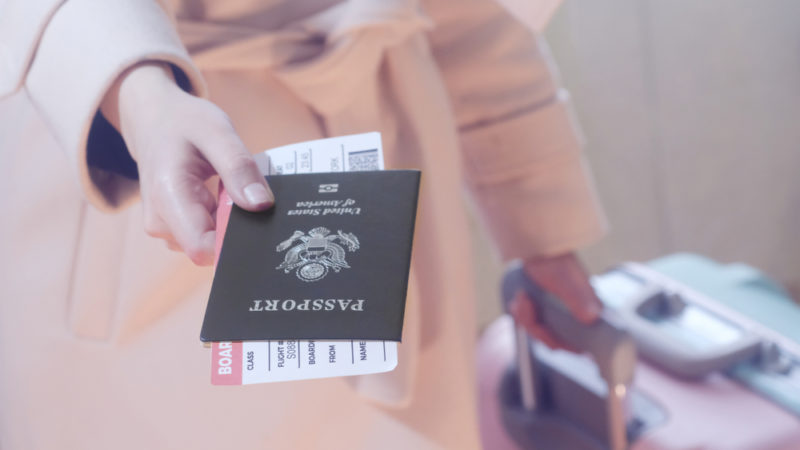
Most people don’t travel abroad on a daily, weekly, or even monthly basis. So you need to have a place to store your passport when it is not needed.
It might be tempting to put it in the safety deposit box. However, we don’t always pre-plan all of our trips. Emergencies can pop up unexpectedly at anytime, and getting to your passport during banking hours may not be an option.
Additionally, many of our retired clients take advantage of “last minute” travel deals, while these are not emergencies, if they can’t get to their passports quickly they may have to pass on a really great travel opportunity.
Cash
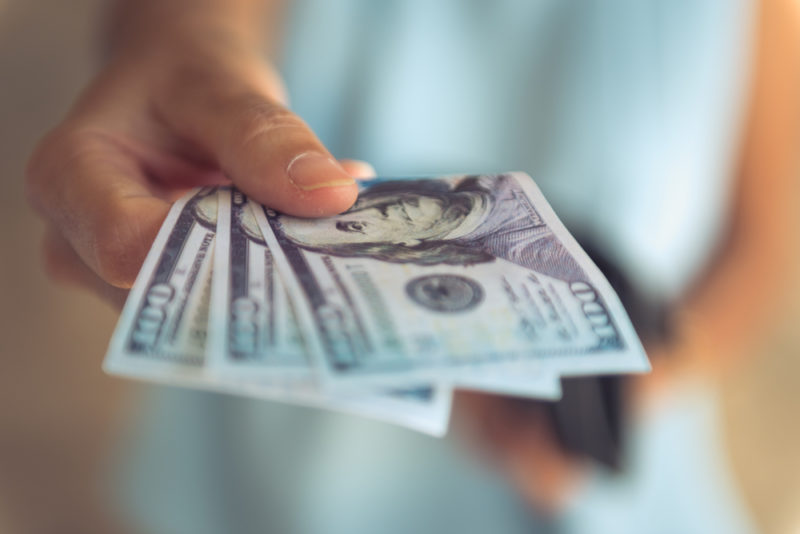
Some people use their safety deposit box for their “emergency fund” cash. There are several reasons that this is not a good idea.
First, if you truly need money in an emergency your access to the cash in your safety deposit box is limited to banking hours which may not be when you need it. If you need money when the bank is closed – now what?
Second, uninvested cash is subject to what is called “purchasing power risk”. In other words, inflation is increasing the cost of almost everything you can buy so of your cash is sitting stagnant you will not be able to buy as much when you finally take it out.
Also, I discovered that there was a limit on how much cash can be stored in my friend’s safety deposit box per the banks agreement. Having some money “safe” for an emergency is a good idea but there are other options that will at least give you some return on your money to offset inflation.
Here’s another thing I discovered, cash in a safety deposit box is not covered by the banks FDIC protection. Money must be deposited in a qualifying account to be covered by the $250,000 per client per bank Federal Deposit Insurance Crop. Protection.
Durable Power of Attorney (POA)
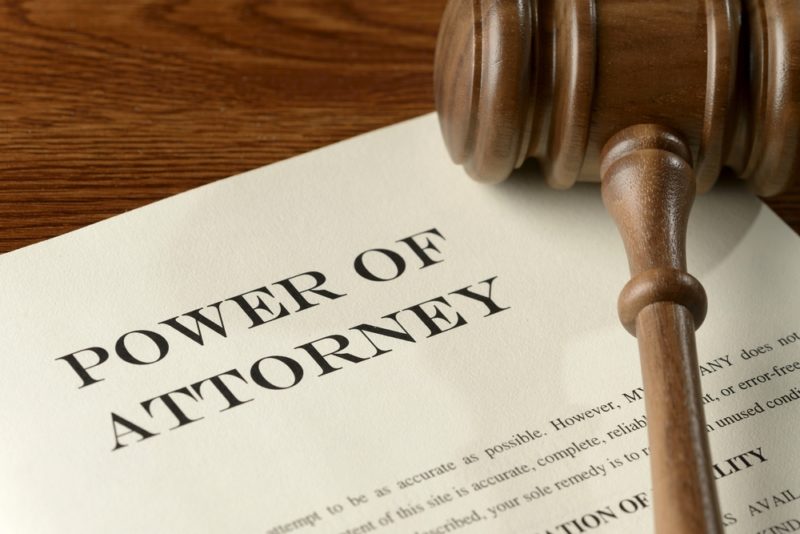
First, congratulations for having one. Many of our clients when we first meet with them do not have this important document. One of our first tasks is to make sure you meet with your attorney to get this very important document in place.
Your Durable Power of Attorney is designed to grant certain rights to a family member, trusted friend, or confidant in case you are incapacitated an unable to make those decisions yourself.
However, if that Durable Power of Attorney is in your safety deposit box and you can’t get to the bank to access it when it is needed – well you get the point.
A better plan is to give the original copy of this document to the person who will most likely be responsible and give copies to anyone else who may possibly need to step in in case your primary person cannot.
Original Copy of Your Will
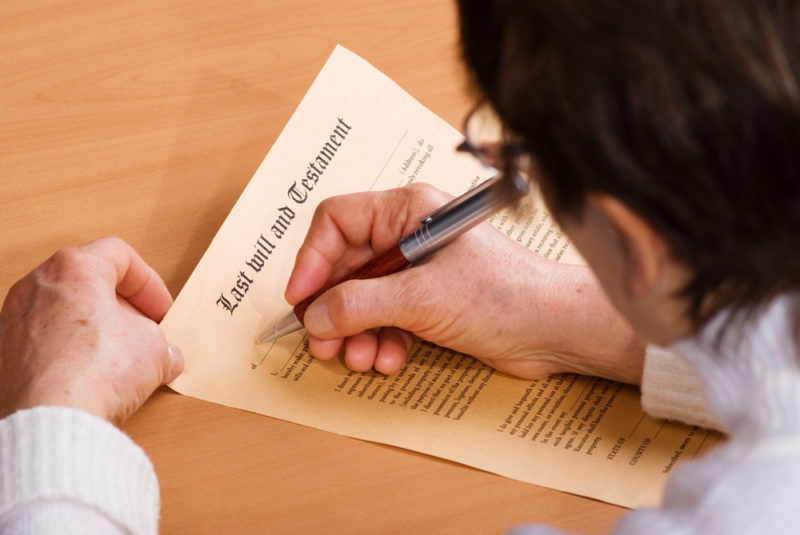
While it is a good idea to keep copies of everyone’s will in the safety deposit box, the originals should be stored where your survivors or the executor of your estate would have easy access.
If you store your originals in your safety deposit box and you have the only access to the box, no one can get access until an executor of your estate is appointed and provides proof to the bank that you have passed away and that they have been appointed your executor.
In many jurisdictions there is also an official audit process that must be followed for the executor to gain access. This can cause lengthy delays in the processing of your estate and for your heirs to receive their inheritances.
A better idea is to keep your original will with your attorney or in a more readily accessible location, like a home safe.
Advance Directives for Health Care
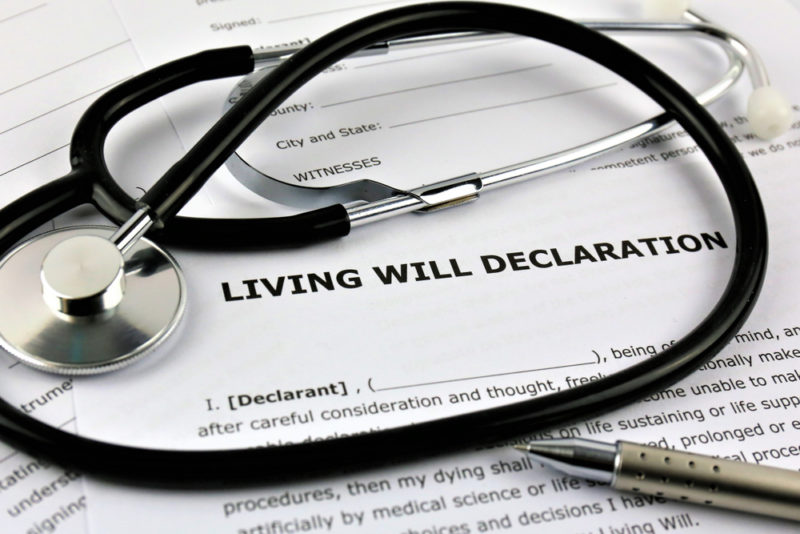
During our meetings with clients we discuss two very important documents that should be part of every client’s estate planning. They are a living will and a health care proxy.
These advance directive documents serve unique purposes. A living will details your wishes for end-of-life care. Do you want to allow “extraordinary measures” such as ventilators, feeding tubes, etc. to keep you alive and if so, for how long? Do you want to be resuscitated if your heart stops (typically referred to as a DNR)?
Absent a living will, doctors are obligated to take extraordinary (and perhaps unwanted) steps to save you.
A health care proxy, also known as a health care power of attorney, designates someone to make medical decisions for you in the event you can’t make them for yourself.
If these items are locked in your safety deposit box they obviously will not do you much good in the hospital. Again, these should be made readily accessible to the person or persons you have designated to assist in these circumstances.
Letters of Instruction

Many clients wish to leave some clarifying instructions along with their will when they pass away. In most cases this is a good idea as it can help clear up any ambiguity that might result from general instructions or divisions provided for in a will.
Typical instructions can include where you want to be buried, what should be included in a memorial service, etc.
Instructions can also address specific bequests, “I want my baseball collection to go to Billy” or “the china should go to our daughter Beth”. The letter can be as detailed as needed.
Since the details of this letter may periodically change and for the same reasons we describe above about ready access, this letter should not be stored in your safety deposit box.
Sets of Keys
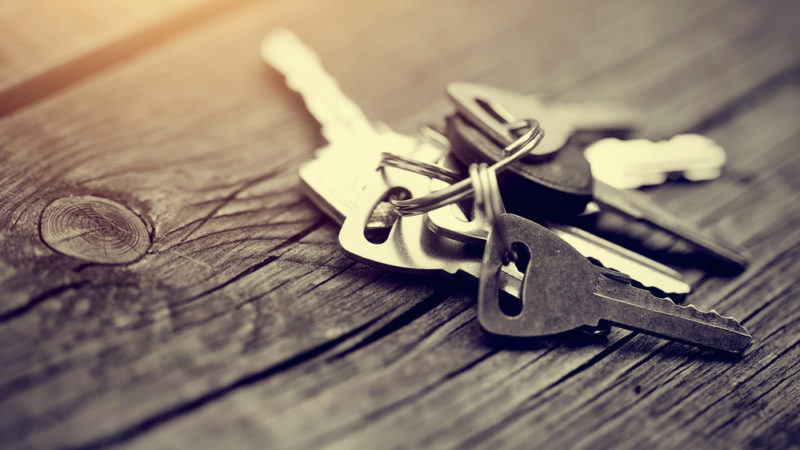
This I hope is a rare one, but one of the items I found when I helped my friend go through her box was a little box with several sets of keys.
The funny thing was that only one set was labeled, and they were for a car she had sold years ago. I asked my friend why she put these in her box and she said her Mom had told her it was a good idea.
When I asked her if she had ever needed any of these keys, she said, “No.” Bottom line, I cannot think of a good reason to keep spare keys in your safety deposit box. If you have any good reasons feel free to send them to me.
Jewelry and Collectibles

Antique jewelry or other collectibles (coins, trading cards, etc.) are typically items many clients store in their safety deposit boxes.
While, there will still be the problems with accessibility upon a client’s death, we have no real issues with this. However when I researched this practice I found one major caveat, many people who store items in their safety deposit boxes do not remember to carry insurance on these items. They feel that are “safe” so why do we need insurance.
Remember my comments above about the bank not covering anything that is not in a qualifying account (checking, savings, CD, etc.) under the FDIC insurance umbrella? Also remember that while rare, banks are not excluded from things like fires, floods, and other disasters.
While a bank’s vault is very secure, it is not totally safe from all kinds of damage and even the very rare possibility of theft. Many banks specifically state that the contents of a safety deposit box are not insured by the bank in any way and must be covered by the owners private insurance if needed.
Illegal or Dangerous Items
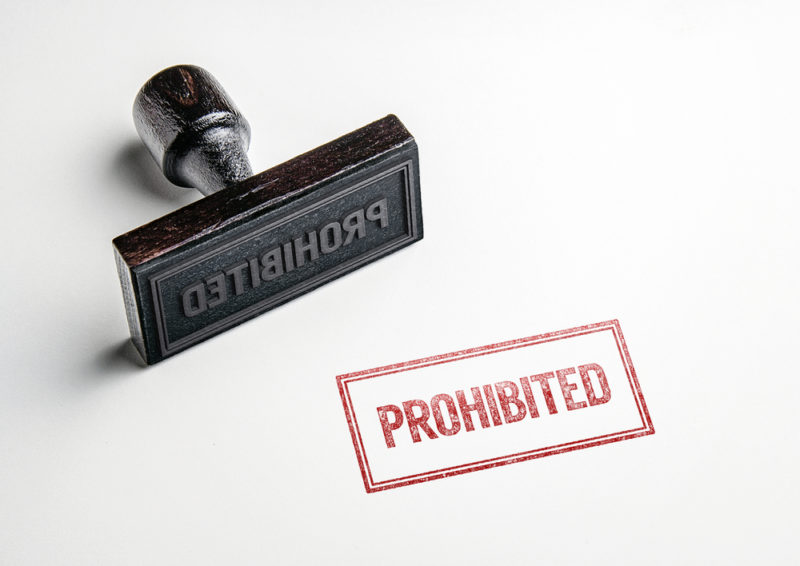
While this one should be obvious, the definitions of what is “illegal or dangerous” can be interpreted differently. While every bank has prohibitions on firearms and explosives, you should ask your bank for a list of what they will allow to be deposited into your safety deposit box. As a general rule of thumb you can assume that anything illegal or dangerous is a no-no.
Safety deposit boxes are a great resource to keep important information protected, but before using one to store all of your most valuable possessions and documents, first consider the ease and convenience of accessing those items, as well as how well they will be safeguarded there.
